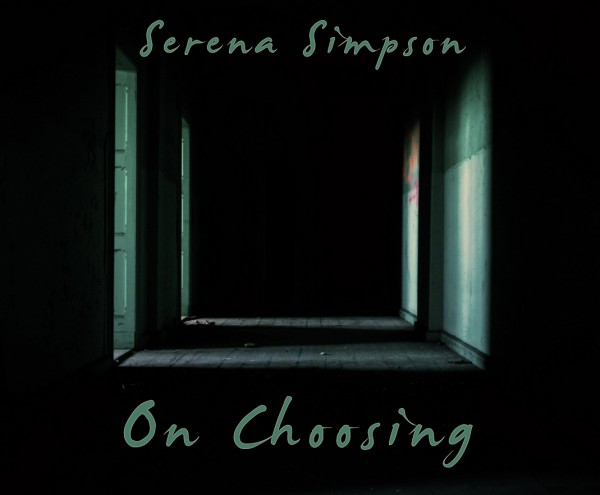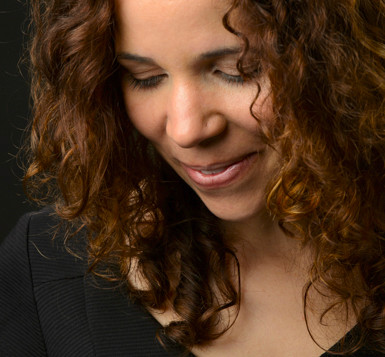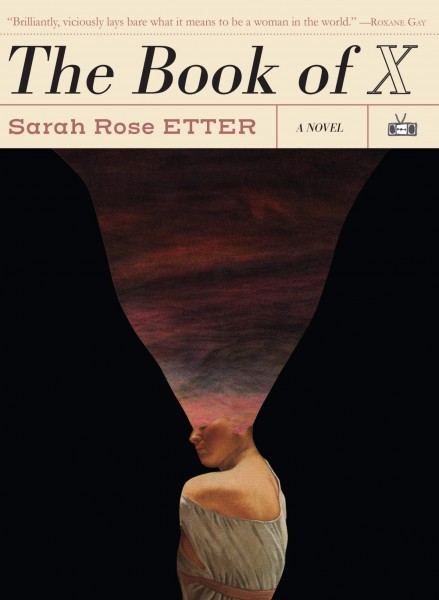
We’re thrilled to announce that Serena Simpson’s essay “On Choosing,” winner of the 2020 DISQUIET Prize for Nonfiction, has been published in Ninth Letter. You can read it online here.
From the introductory statement by editor Philip Graham: “[A]s Simpson examines personal decisions both private and public, she homes in on the small print of her experience, insisting on her individual interior self and not allowing it to be subsumed into a larger, perhaps discordant narrative. This is a very brave essay, one where declaration, accusation and confession wind around each other. It is truth-telling that goes deep.”
Don’t miss it!



